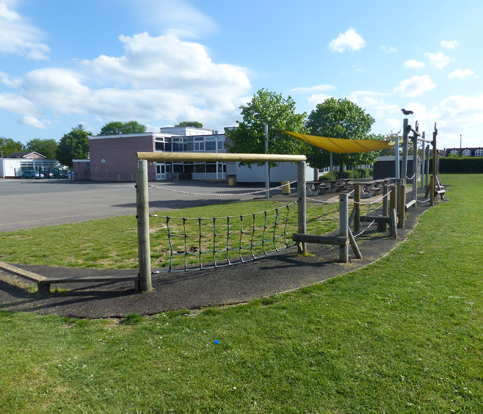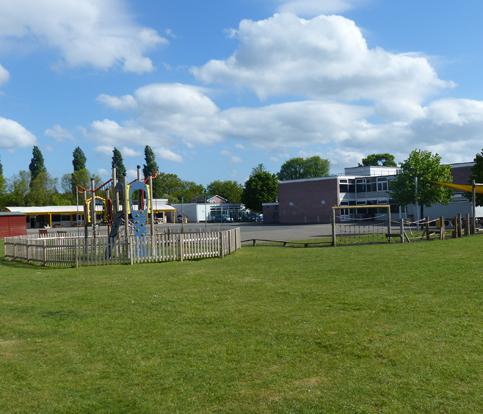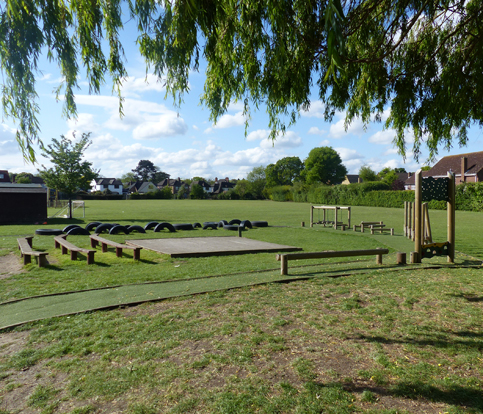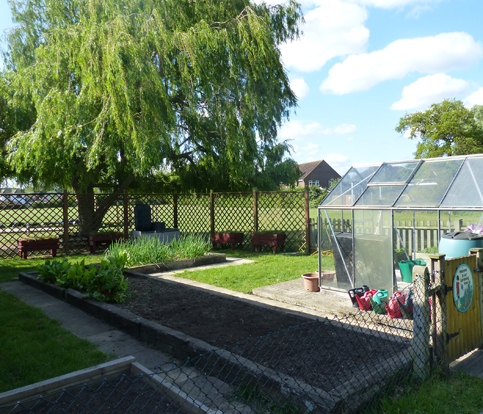Remote Curriculum
This information is intended to provide further clarity and transparency to pupils and parents/carers to understand what to expect from remote education if local restrictions require bubbles, cohorts to remain at home or if the school has to close due to national restrictions.
The remote curriculum – what is taught to pupils at home?
All children have logins to Google Classroom. This is the platform we use for remote learning. Children have learnt how to use Google classroom in school. Children should register daily on the Stream so that staff can ensure children are present and ready to begin the day’s learning.
Will my child be taught broadly the same curriculum as they would be in school?
Children will have the same curriculum offer at home as they would in school. This includes;
- Daily English and maths learning using planning and schemes of work
- Phonics for children in EYFS, ks1 and where appropriate in ks2
- Foundation subjects uploaded throughout the week, generally in line with the child’s school time table – topic [history/geography], science, art, music [school uses Charanga], PE, well-being, art/DandT, RE, IT and for children in ks2; French,
- Learning uploaded daily so that children can develop a routine at home
- Access to Bug Club for reading books and maths factor
- Learning to be undertaken should be meaningful and meets the needs of the children in the class
- Learning follows the plans of the class teacher based on whole school schemes of work
The school sends resources home [pencil/pens, exercise books] so that the children have the means to record their learning. Additional resources are made available to younger children and parents can collect any other support materials from school, as requested. Staff will make modifications to learning where families will not have all the resources to hand e.g. D and T and Art lessons. Staff will be able to give feedback on the learning by identifying pieces of work that children should upload for marking and feedback from the teacher.
How long can I expect work set by the school to take my children each day?
Learning for primary aged children will be 3-4 hours per day. This will include accessing videos, teaching points and undertaking the activities. Children should also read using Bug Club and practice maths using maths factor. If parents/carers are looking for additional ideas for learning, there are a number of good quality education website links on the school website.
How will my child access any online remote education you are providing?
In order to access Google Classroom, children need access to technology. The school has shared with parents the devices that are suitable for Google Classroom. Where families have multiple members sharing a single device, the school has offered the loan of laptops which ensure all children are able to access the remote education offer.
If families are still struggling then the school can make hard copy learning packs for individual children. These packs can be sent back in to school so that staff can see how children are progressing.
How will my child be taught remotely?
We use a combination of the following approaches to teach pupils remotely.
Using a combination of methods allows children to access the learning at a time that is suitable for the home set up, and also keeps the learning offer fresh and interesting as variety will keep children interested and engaged.
- Recorded teaching – staff make their own videos. These are recorded lessons which may focus on a particular area of learning or where staff explain the daily learning to the children. Using recorded teaching, families can access this learning at a chosen time throughout the day or pause and repeat the learning if further clarification is required. Children can ask questions about the learning using class comments and staff answer these as quickly as possible
- Written explanations in the classwork along with the learning the children need to undertake
- Live teaching – online lesson. These sessions are shared in advance with the children and allow children to come together as a class. For children in Years 1-6 this is at least once per day and for our Reception children this would be 2-3 times per week. Staff can use this time to check in with the children, share teaching input and give feedback to the children on the learning they have engaged with
- Links to other websites with commercially made resources e.g. BBC Bitesize, Phonics Play, Espresso which have teaching points relevant to the uploaded learning and linked to the plans for the children’s learning
- Links to relevant power points and written instructional guides along with resources which support the learning such as key word maps, 100 squares, phonic mats
- Resources for children for the independent task – this includes pages from relevant text books, teacher made resources, success criteria
- Class comment stream – children can seek further clarification and staff can respond to any issues that they have picked up on
What are your expectations for my child’s engagement and the support that we as parents and carers should provide at home?
Children will need support with home learning and this level of support will very much depend on your child’s age and willingness to be independent. Our youngest children will need the most support as their ability to access the learning independently will be limited. With the youngest children it is important that they undertake the activities and engage with videos uploaded however they must have time to play and undertake social activities, if possible with siblings and another family member. Children in the upper infants and juniors may need initial guidance in navigating and accessing the learning however as they become more familiar we would expect children to be more independent and use the class comments to ask for support from the teacher.
How will you assess my child’s work and progress?
Staff will identify the pieces of learning that children should upload for feedback. Staff will also assess learning in through the class comments and also during live lessons, staff will be able to check how the children are progressing with the learning. Staff will undertake calls home to talk to children about their learning and this way they can simultaneously offer support whilst assessing the children’s progress and engagement.
How will you check whether my child is engaging with their work and how will I be informed if there are any concerns?
Staff can check engagement through the children’s active use of Google Classroom e.g. daily register, comments on the platform, presence at live lessons, uploading of work. We can also check children’s usage through the administrative aspects of the platform and we will contact parents if we know children have not regularly engaged with the learning, to offer support and identify barriers to learning.
How will you work with me to help my child who needs additional support from adults at home to access remote education?
We recognise that some pupils, for example some pupils with SEND may not be able to access remote education without support from families at home. We acknowledge the difficulties this may place on families, and we will work with parents/carers to support those pupils in the following ways;
- Differentiated learning to ensure accurate pitch
- Identify and upload learning which has been modified to meet the needs of individual children
- Modified learning packs sent home if necessary
- Direct discussion with parent/carer from teacher and SENDCo to identify ways family can support
- Links to specific websites and learning platforms which will have resources to support the learning for example speechlink

















